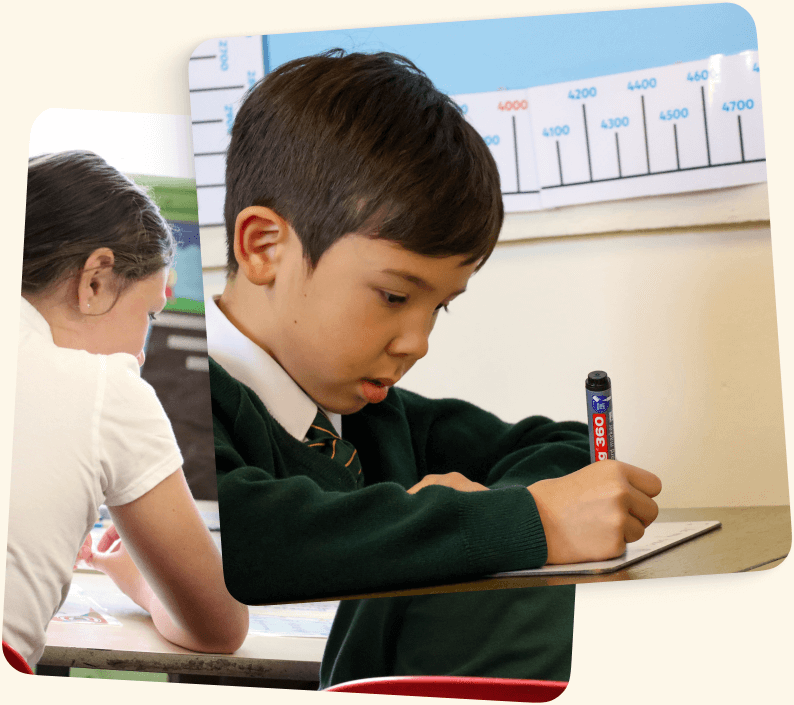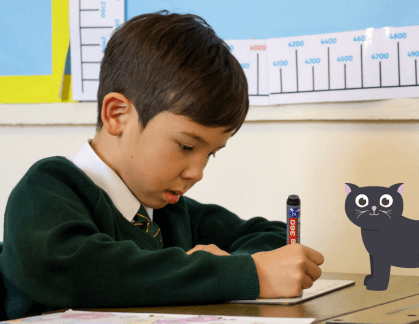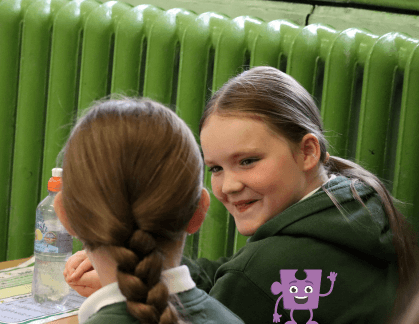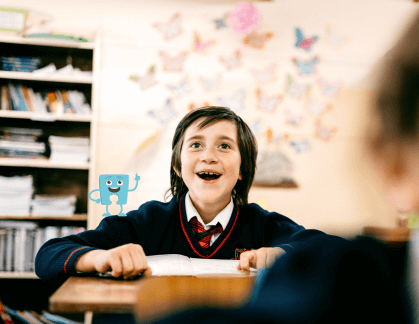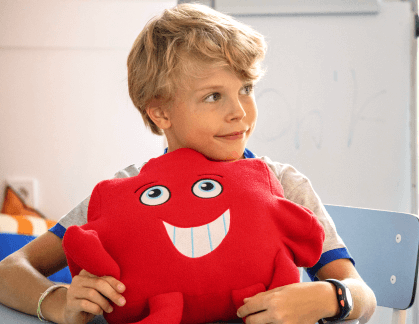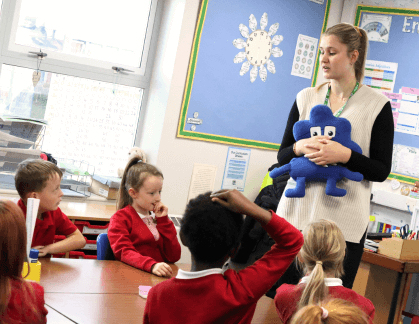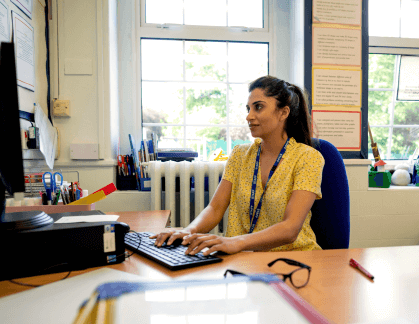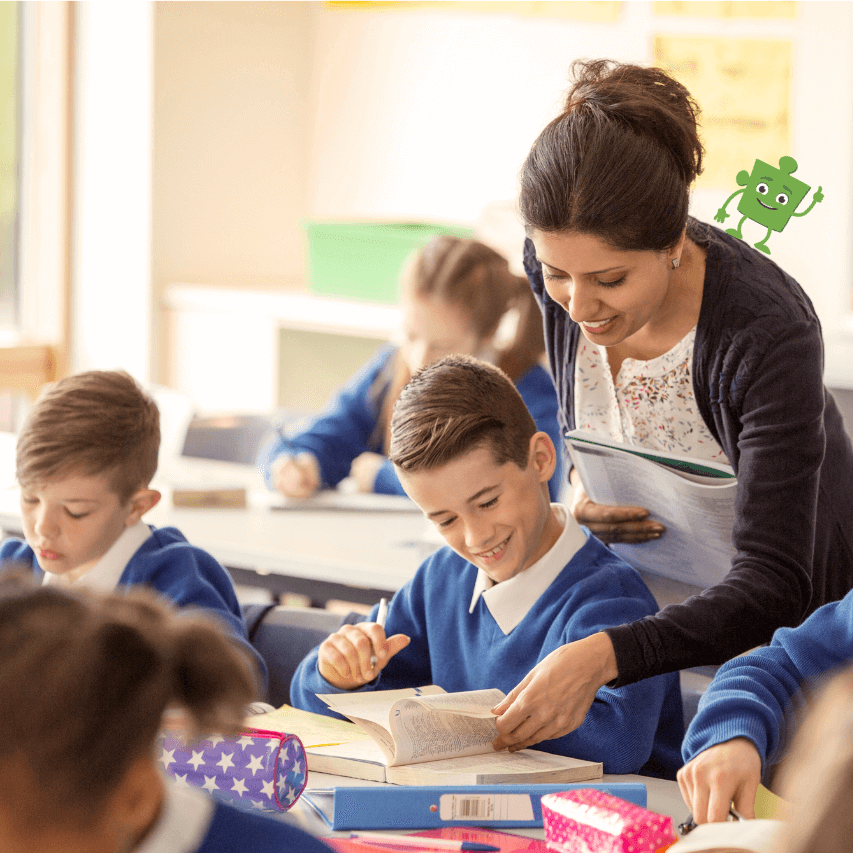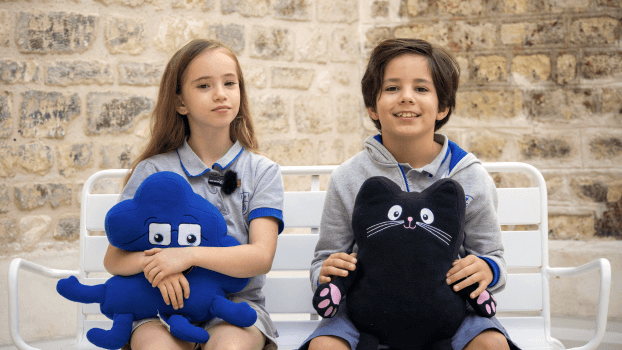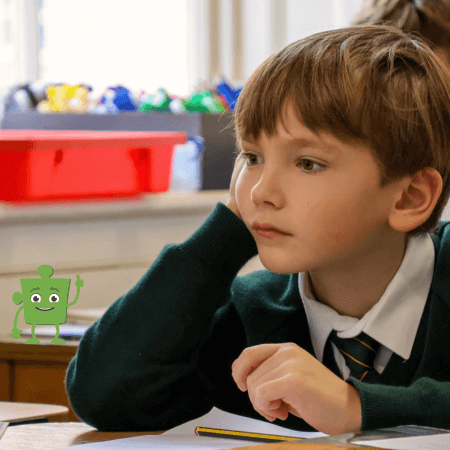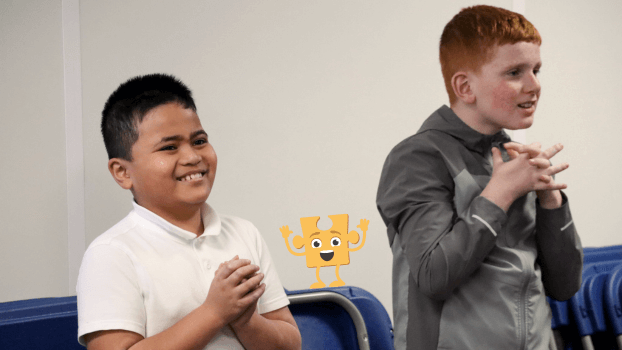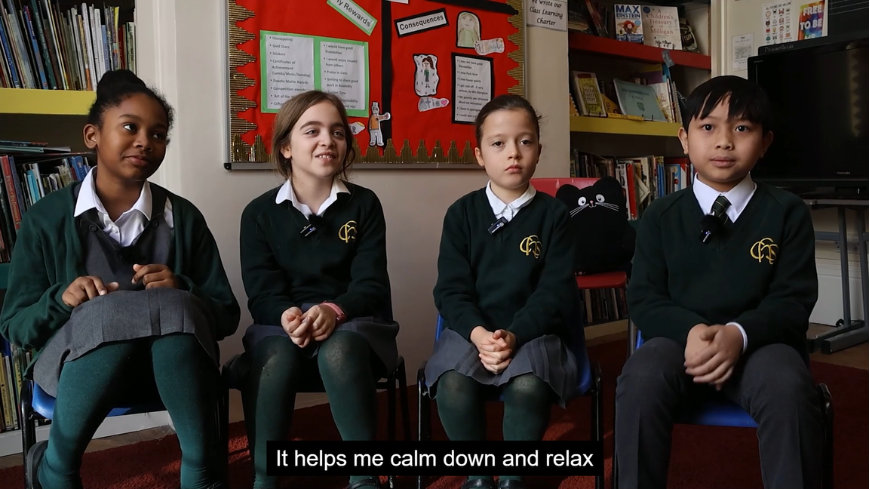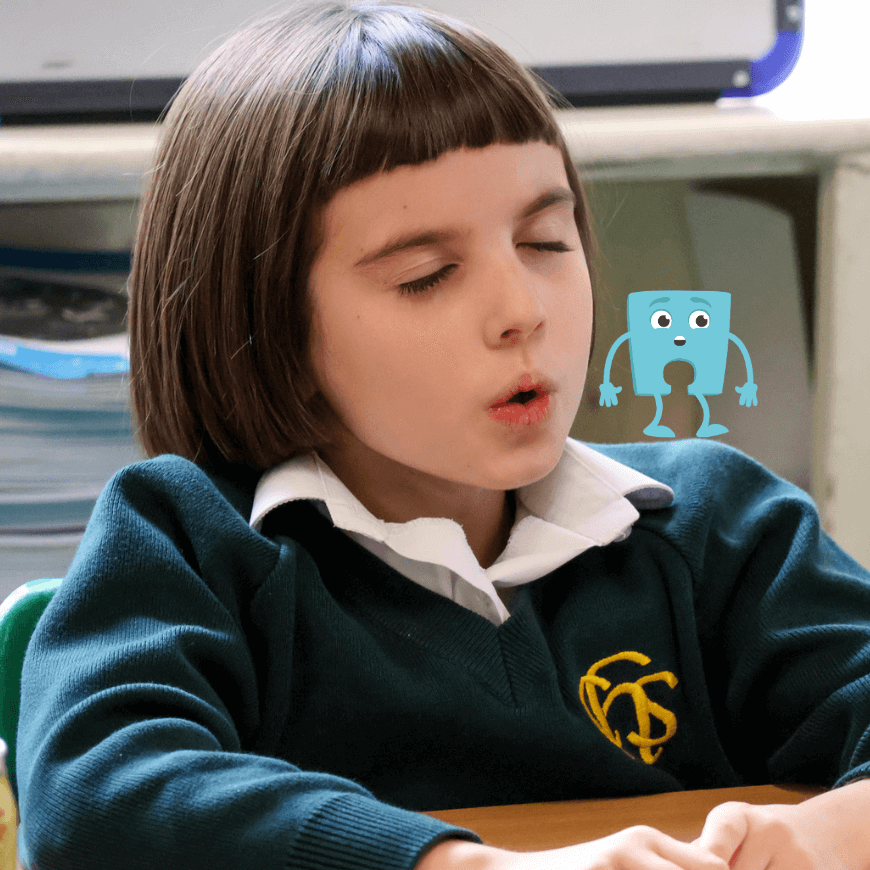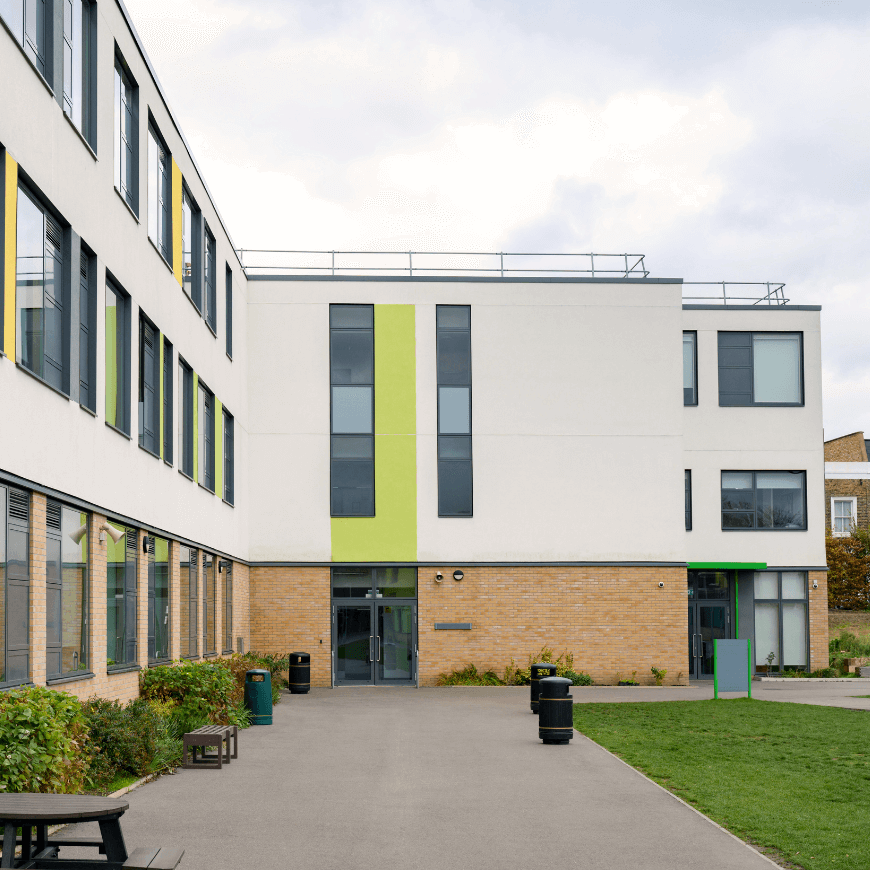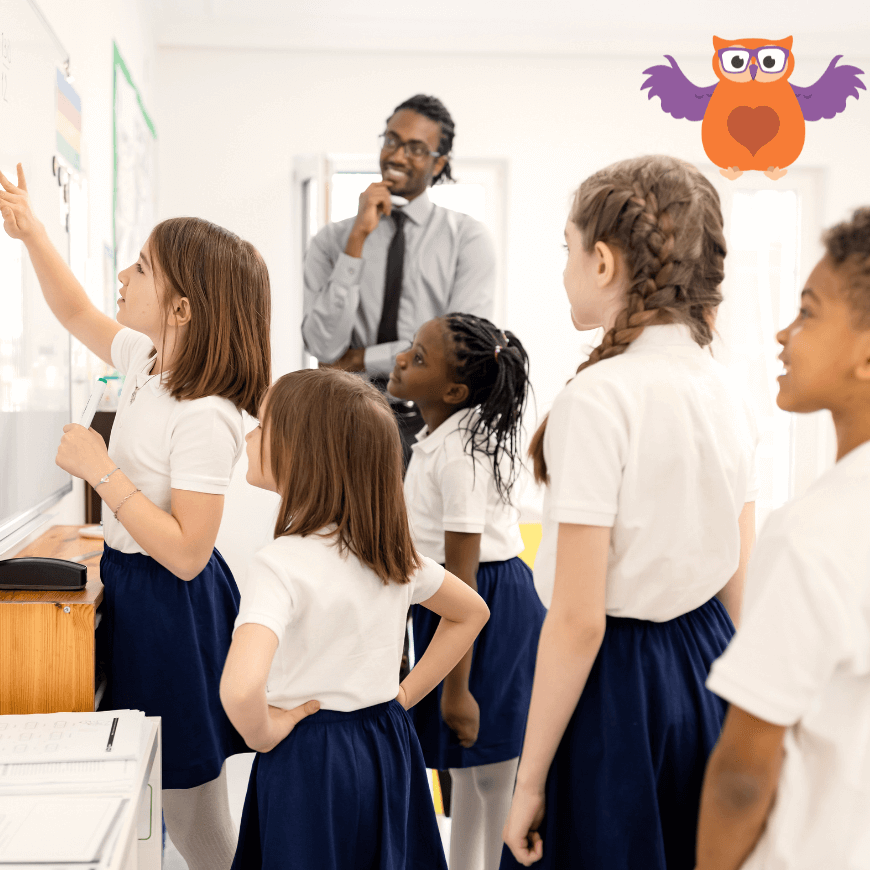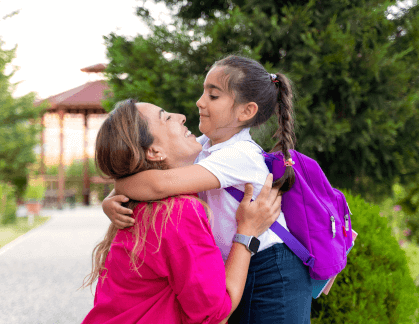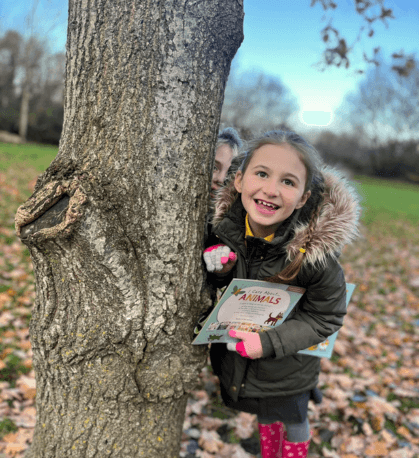Children today face more pressures and challenges than ever before. Our PSHE teaching empowers them to navigate friendships, emotions, change and the big questions about their own identity, all while building the confidence and resilience they’ll carry for life.
Children today face more pressures and challenges than ever before. Our PSHE teaching empowers them to navigate friendships, emotions, change and the big questions about their own identity, all while building the confidence and resilience they’ll carry for life.
Jigsaw PSHE 3–11 weaves crucial learning into the fabric of your school in a way that’s accessible, age-appropriate and enjoyable.
The impact in Jigsaw schools
When Jigsaw is implemented across the whole school, the results speak for themselves. With over 6,500 primary schools in the UK, and many more internationally, using Jigsaw, you’re in good company, and well supported.
